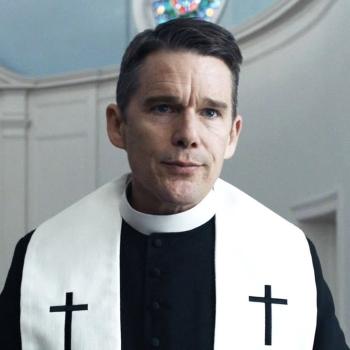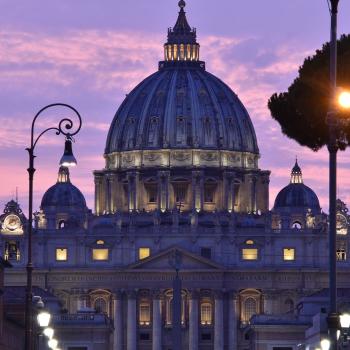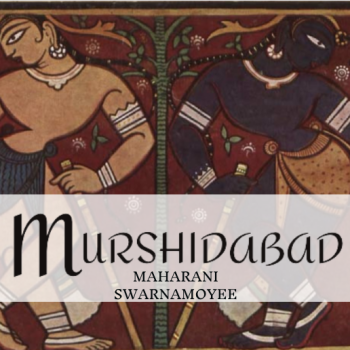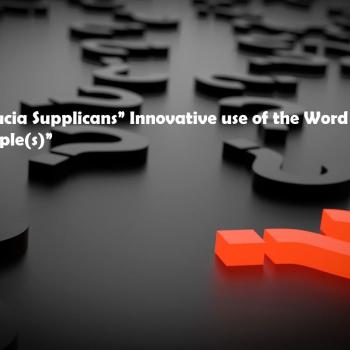As Ched Myers notes in Sabbath Economics, our entire culture is built around controlling, harnessing, and taming the natural environment, breaking nature into priced commodities to serve our purposes.
Spending time in wilderness, however, can be our antidote. In nature we discover rhythms of blessing—be it seasonal run-off in the arroyos or wild plums that continue to produce—and therein re-discover God's gift of "enoughness for the day." Wendell Berry speaks of the "Great Economy" of the natural world as being the Kingdom of God that Jesus spoke about. Twenty-five years ago Berry proclaimed: "If humans choose to live in the Great Economy on its terms, then they must live in harmony with it, maintaining it in trust and learning to consider the lives of the wild creatures." Prophetically, Berry advocated finding a Way in the wilderness—learning to adapt and thrive within the limits of one's natural surroundings—that Ched Myers would later call "watershed discipleship" and I might term a "bioregional covenant."
An experience of identity formation
"What the Fathers sought most of all was their true self, in Christ," Merton writes of those early monastics who fled Christendom for the wild places. The desert was the place where they could "reject completely the false, formal self," fabricated under social compulsion under the Roman Empire, and find true self in God. "They accepted and clung to the primal assertions of the Christian tradition," Merton explains, "yet sought a way to God that was uncharted and freely chosen, not inherited from others who had mapped it out beforehand. They sought a God whom they alone could find."
In wilderness, we are new creatures. Civilized labels no longer stick. Questions of identity and purpose abound. Why do I spend so much time performing an unfulfilling job? Why do I worry so much about a future I can't control? Do I really need so much stuff? Who am I beyond my job, my friends, my family, my nationality? Whose am I? And to paraphrase Mary Oliver: what am I going to do with this one wild and precious life?
In wilderness, distractions disappear, busyness recedes, social pressures diminish. We're left with one of the Bible's core instructions: "Be still, and know that I am God." Like the Desert Fathers, we can let go of the false, formal self to discover our true prophetic identities as children of an undomesticated God.
As moderns, we are addicted to Empire-based thinking. Even so, we who seek to follow the way of Jesus can learn a different kind of communion: a hallowing of what is, a harmonious adaptation to life on earth. The first, decisive step, Jim Corbett writes, is to become cimarron, untamed and at home in wildlands. Whenever we spend time in untamed places—learning to adapt to and accept the healthy parameters of a bioregion—we become a little less fearful, a little less addicted to Empire's charms.
Almost 3,000 years ago, the prophet Isaiah told his people to become God's people by making a Way in the wilderness. I think he meant that literally. We need to do that too. When we cease to work at taming the Creation and learn to accept the abundance of life on its own terms, a way opens for us to become active participants in an ancient exodus out of idolatry and bondage to Empire—a pilgrimage that continues to be conceived and born in wilderness.
For more from Todd Wynward, visit the Patheos Book Club on his new book The Secrets of Leaven.




